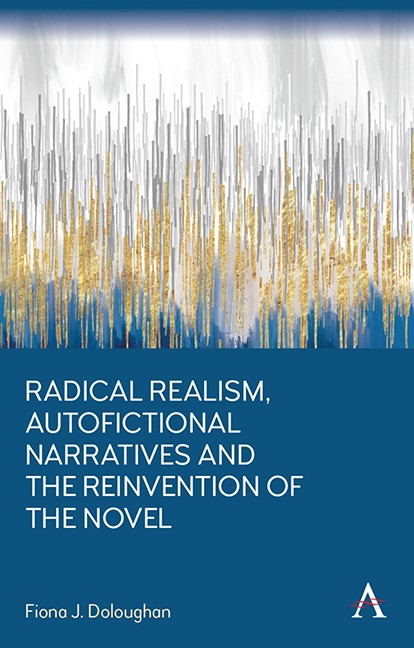Book contents
- Frontmatter
- Contents
- Dedication
- Preface
- Acknowledgements
- 1 Introduction
- 2 Theoretical and Critical Concerns: Key Terms and Arguments
- 3 The Anatomy of a Writer: Karl Ove Knausgaard’s My Struggle
- 4 Companion Pieces: Jeanette Winterson’s Why Be Happy When You Could Be Normal? in Relation to Oranges Are Not the Only Fruit
- 5 A Cross-Cultural Memoir: Xiaolu Guo’s Once Upon a Time in the East
- 6 Rachel Cusk’s Search for New Forms: Self-Projection and Refraction in Fiction and Non-Fiction
- 7 Conclusion
- References
- Index
1 - Introduction
Published online by Cambridge University Press: 15 November 2023
- Frontmatter
- Contents
- Dedication
- Preface
- Acknowledgements
- 1 Introduction
- 2 Theoretical and Critical Concerns: Key Terms and Arguments
- 3 The Anatomy of a Writer: Karl Ove Knausgaard’s My Struggle
- 4 Companion Pieces: Jeanette Winterson’s Why Be Happy When You Could Be Normal? in Relation to Oranges Are Not the Only Fruit
- 5 A Cross-Cultural Memoir: Xiaolu Guo’s Once Upon a Time in the East
- 6 Rachel Cusk’s Search for New Forms: Self-Projection and Refraction in Fiction and Non-Fiction
- 7 Conclusion
- References
- Index
Summary
Literary Context
While there have been periodic intimations of the death of the novel in the twentieth century, the first two decades of the twentieth-first century have seen an intensification of debates around the health, value and function of the novel. These debates have engaged erstwhile novelists as well as critics, reviewers and academics, as they discuss the novel’s merits in terms of its ability to respond to changing times, adapt to competition from other media and representational forms and continue to respond meaningfully to aspects of the social world. Questions of both form and function arise in these discussions as writers and critics wrestle with the novel’s potential for change in relation to what they see as its evolutionary and critical purposes at a time of crisis and transformation or what one academic calls ‘a period of extreme media and technological change’ (Hutton 2018, 193). Peter Boxall’s The Value of the Novel (2015) represents an impassioned intervention in favour of the novel’s continued purposefulness in times of uncertainty, ‘a kind of mechanism for coping with change’ ( Jeffery 2017, 8), and a signal that while the death of the novel has oft been foretold, there does not yet appear to be a corpse in sight.
The question of why the novel matters (or fails to matter) underpins discussion of both its presumed survival and, indeed, its apparent demise. For some, it is the inherent flexibility and variety of works coexisting under the ‘novel’ label that is evidence not of generic vagueness or slipperiness but of the novel’s essential multivalence, hybridity and vitality. For others, new technologies and social media risk calling into question a focus on an imagined or mimetic world realized through the medium of words, rather than images; they have the potential to shift ways of engaging with or reacting to reality that are seemingly more real or more immersive than the virtual representations of fiction. Consequently, the question of what the novel can do – what its affordances are – relative to other genres and media has come back into the frame, as have questions of credibility, relevance and truthfulness in relation to deployment of particular genres and modes of representation.
- Type
- Chapter
- Information
- Publisher: Anthem PressPrint publication year: 2023



